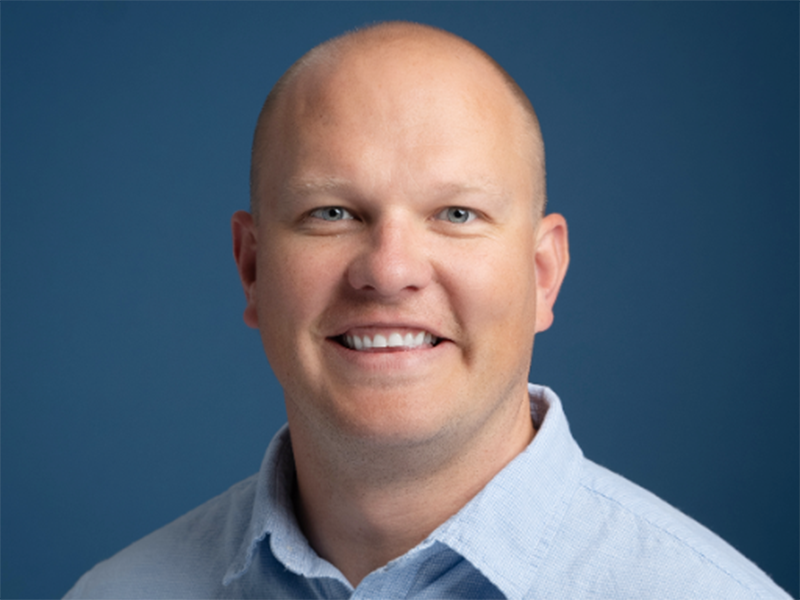The Arkansas Integrative Metabolic Research Center (AIMRC) will host Chris Sundberg, assistant professor of exercise science from Marquette University, at 12:55 p.m. on Wednesday, Nov. 29, in BELL 2267. Sundberg's research focuses on identifying the etiologies of skeletal muscle fatigue at the cellular and molecular levels, and the physiological processes that limit human neuromuscular function in health, aging and disease.
Abstract: Human aging is accompanied by a loss of skeletal muscle mass (sarcopenia) that is vastly exceeded by the ability to generate power (dynapenia), and the problem is exacerbated by increased fatigability (activity-induced reduction in power) when older adults perform dynamic exercise. This is an important healthcare problem because impaired power-generating capacity can result in limited mobility, increased risk of falling and a reduced quality of life for older adults. In this seminar, Sundberg will highlight a sequence of studies that integrate measures of whole muscle function with single fiber contractile mechanics to identify the mechanisms for the age-related loss in muscle power and increased fatigability.
Biography: Sundberg is an assistant professor of exercise science in the Department of Physical Therapy and an affiliate faculty member of the Athletic and Human Performance Research Center at Marquette University, Milwaukee, Wisconsin. His research focuses on identifying the etiologies of skeletal muscle fatigue and the physiological processes that limit human neuromuscular function in health, aging and disease. His lab adopts an integrative and translational approach employing multiple cutting-edge techniques to study fatigue and the limits of human performance in the whole limb down to the cellular and molecular levels. He also runs clinical trials investigating the adaptive response to exercise training with the goal of developing targeted interventions to improve muscle power output, muscle size (hypertrophy) and fatigability in both healthy and clinical populations.
For those unable to attend in person, this seminar will also be available via Zoom.
Topics
Contacts
Kimberley Fuller, managing director, AIMRC
Department of Biomedical Engineering
479-575-2333,
